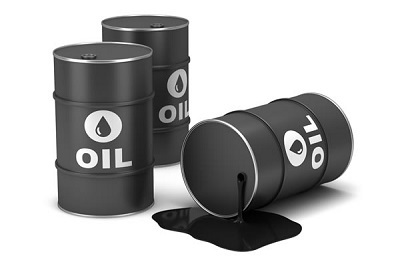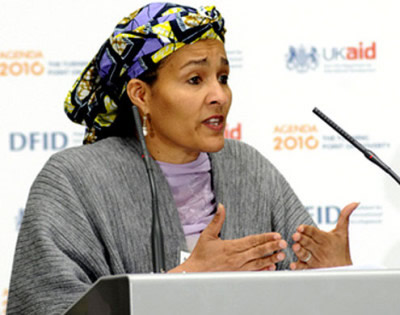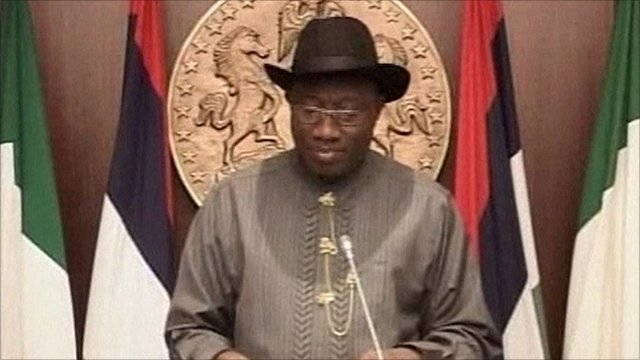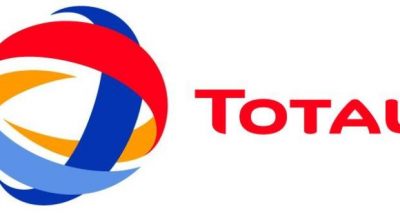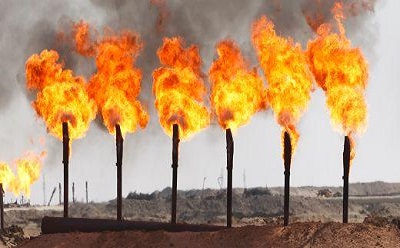FG Saves $1.7bn On Cash Call Payment To IOCs

The Minister of State for Petroleum Resources, Dr. Ibe Kachikwu, on Thursday last week said a solution put in place by his ministry and the Nigerian National Petroleum Corporation to find a sustainable solution to the funding of Joint Venture cash call obligations of the Federal Government had led to savings of $1.7bn.
Kachikwu said this in a chat with State House correspondents after making a presentation to the National Economic Council in which he sought endorsement for a proposal approved by the Federal Executive Council to change the funding configuration of Joint Ventures for upstream companies.
With the solution, he said government had been able to save over $1.7bn on the $6.8bn that was previously owed.
While adding that the government owed only $5.1bn as opposed to $6.8bn, the minister said $5.1bn would be paid within five years interest-free.
According to him, the cash call arrangement in the oil sector will end completely by next year.
He recalled that the cash call arrears in the oil sector over five years up until December 2015 was about $6.8bn, while the arrears for this year was put at $2.5bn.
While stating that there was no justification for the previous arrears at a time when global oil prices were at the peak, the minister attributed the arrears of 2016 to the effect of militancy and the drop in oil prices from $110 to $40 per barrel.
He said the barrels of oil to pay for this would come from the incremental generation by the oil companies and not on the current 2.2 million barrels daily production figure for the country.
The minister said, “Beginning next year, if this goes into place, the issue of cash call era would have disappeared. The effect of this is that investments in excess of $15bn are likely to be announced by the oil companies, bringing back most of the projects within couple of weeks. Once this is signed, we are using this as a parameter to save at least $1bn from 2017.
“We will be looking at reducing the cost of barrel per production from the current $27 per barrel, which is one of the highest in the world, to a figure within the threshold of $18 per barrel over the next two years, ultimately to about $15 over the next four years.”
Kachikwu added, “The barrel reserve production should increase to about 2.5 million by 2019 and potentially to about three million by 2021. So, there will dramatic effects. For the first time, the oil industry will take responsibility for arranging their own funding and being able to produce oil and save the Federal Government the whole nightmare of cash calls every year.”
“So, this is a very dramatic move in the oil industry. We are still going to make presentation to the National Assembly for them to understand this.”




